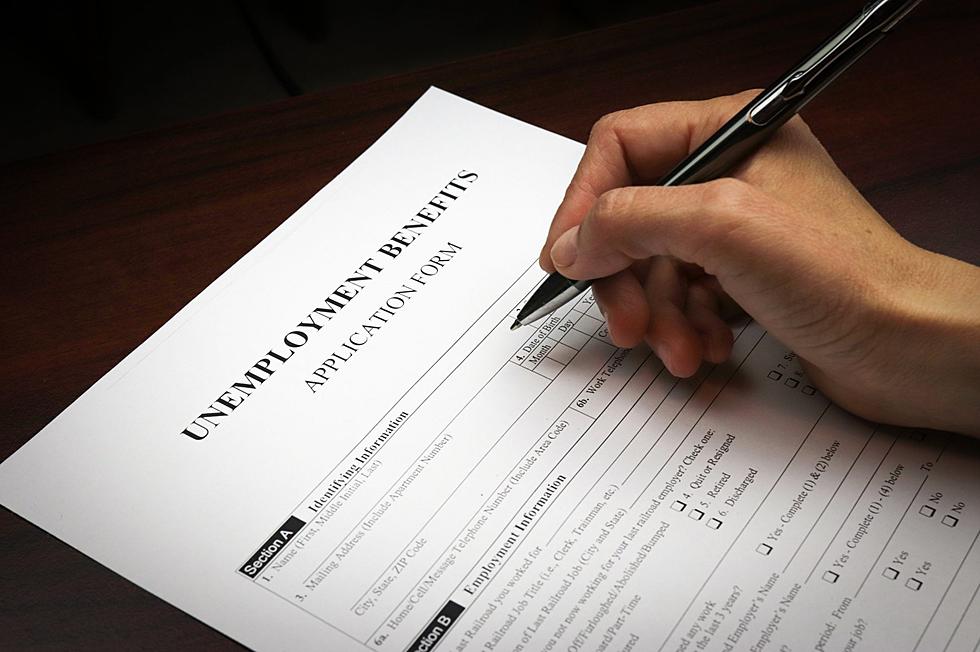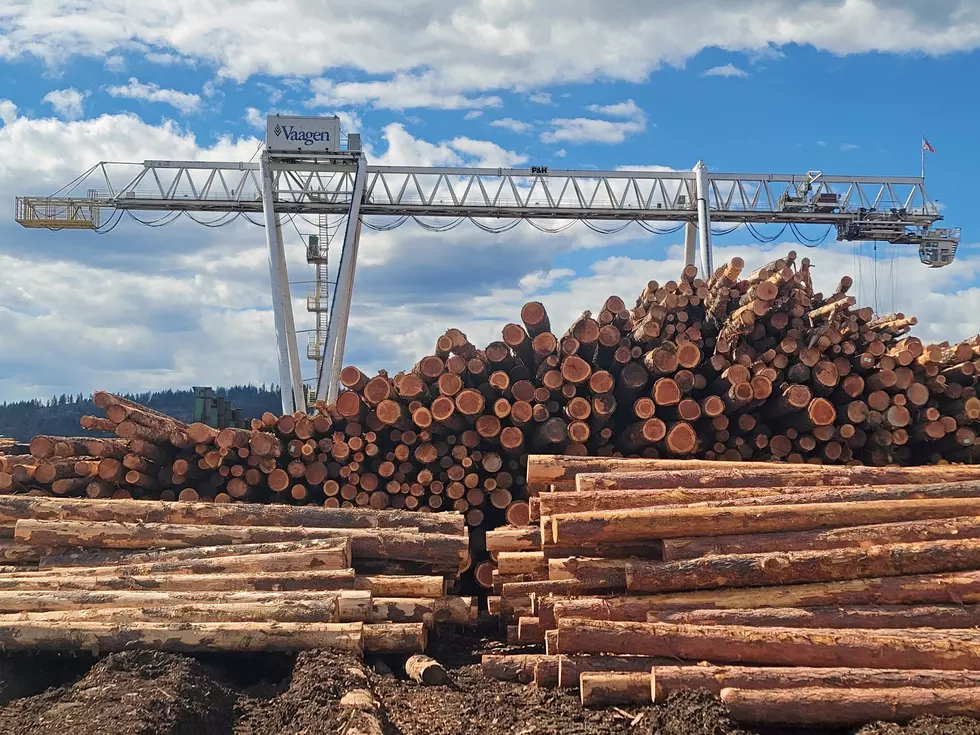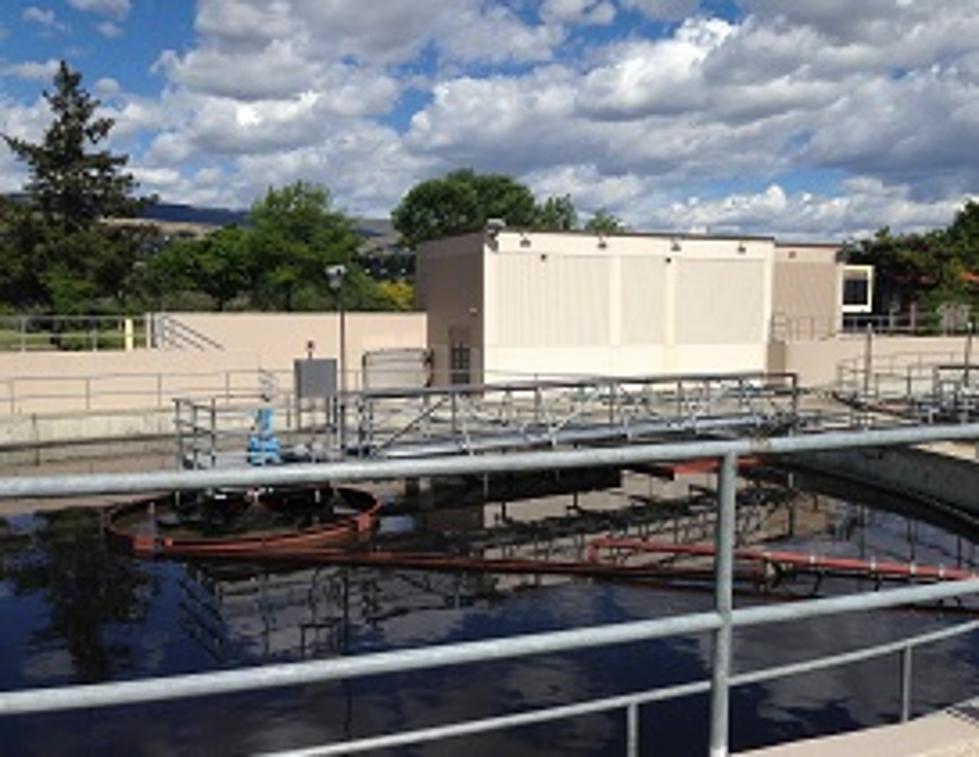
Record High Temperatures in Wenatchee, Other NCW Spots Connected to Atmospheric River
Record warm weather in Wenatchee and other spots in North Central Washington is connected to the atmospheric river that's brought record rainfall and major flooding to western Washington and British Columbia.
Wenatchee, Ephrata and Omak set or tied record highs in the low to mid 60's on Sunday, while Wednesday could bring another record high in Wenatchee, which is currently 62 degrees.
Meteorologist Charlotte Dewey with the National Weather Service says the warm weather is directly tied to a plume of moisture that looks like a river of moisture in the atmosphere.
"It's usually associated with warmer, wetter temperatures," said Dewey. "And so while Wenatchee is kind of shadowed from the Cascades, they don't see as much rainfall, they are getting that warm push of air."
Wenatchee broke its previous record of 61 degrees set in 1995 with a temperature of 65 on Sunday. Omak shattered its prior record of 55 in 1949 and replaced it with 62 on Sunday. Ephrata tied its record temperature of 61 on Sunday that was set in 2014.
Dewey says the atmospheric river is also responsible for record highs set in the middle of November.
"We've had several rounds of atmospheric rivers if you want to call it, or moisture plumes or pineapple express, what ever you want to call it," Dewey said. "We've had several of these storm systems that have moved through the last couple of weeks, and that's what's bringing us these warmer air masses into the region."
Wenatchee and Ephrata set record highs on Nov. 14 with 70 degrees in Wenatchee and 69 in Ephrata. On Nov. 15, both Wenatchee and Ephrata set records with 64 degrees, breaking records set in 1998.
The region is getting a cool down starting on Thursday that'll bring temperatures down, but will still be slightly warmer than normal for this time of year. Friday's high in Wenatchee is predicted to be 44, compared to the average high on that date of 38.
The current high temperatures for the region are about 20 degrees above normal, according to the National Weather Service.
Snow levels have ranged from 5,500 feet at night to 8,000 feet during the day for the past several days in Central Washington. Tuesday's snow level is expected to rise to 10,000 feet, but then drop to 2,000 feet by Thursday, with night time levels dropping to 900 feet.
However, the National Weather Service is not expecting the region to see much accumulation of snow Tuesday through the weekend.
Both Blewett and Stevens passes are between about 4,000 and 4,100 feet, according to the Washington Department of Transportation.
More From NewsRadio 560 KPQ









